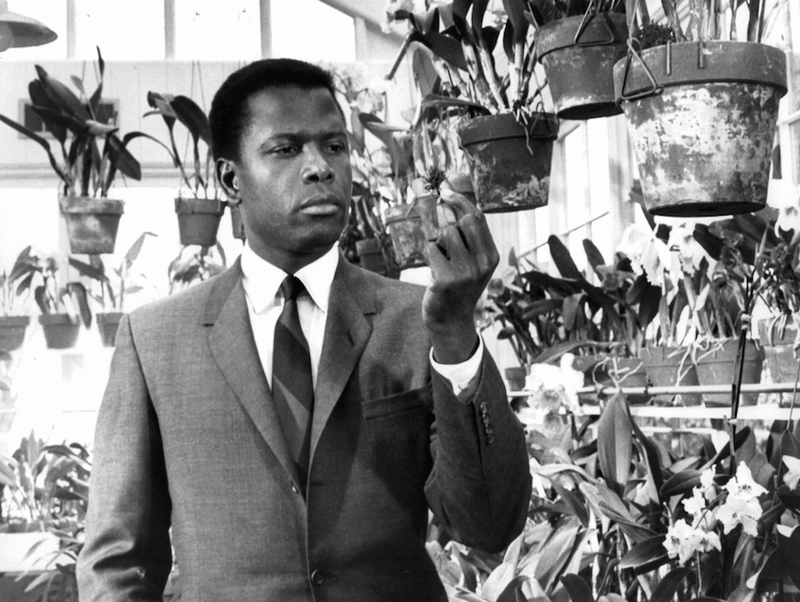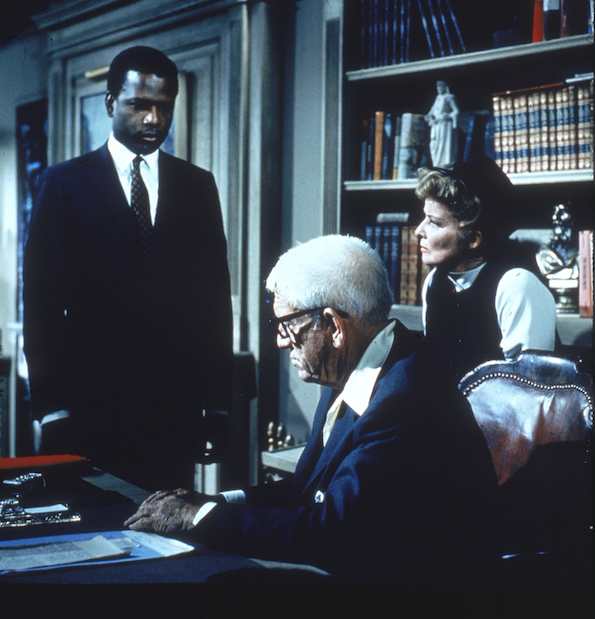
(WBBM NEWSRADIO) — Sidney Poitier’s ascent more than 50 years ago as an Oscar-winning film actor is all the more remarkable considering the era in which he broke through, Chicago Tribune film critic Michael Phillips says.
Poitier, who also made a name for himself as a film director, died Friday at the age of 94. Retrospectives noted the trail he blazed for future generations of Black actors, including Denzel Washington.
The late actor’s legacy may have been even more impressive had there been more opportunities in the 1950s and 1960s for performers of color, Phillips said on WBBM Newsradio’s In Depth podcast.
Poitier is probably best known for his performances in three movie smashes of 1967: To Sir, with Love, in which he played a teacher in a class of white students; Guess Who’s Coming to Dinner? — about the then-taboo topic of interracial marriage; and In the Heat of the Night, a murder mystery set in the Deep South.
In the latter film, Poitier, playing a Philadelphia detective trying to navigate dangerous terrain, famously pushed back at a bigoted white police chief, saying, “They call me Mister Tibbs!”
He actually won the Oscar for Best Actor for the sentimental 1963 film, Lillies of the Field.
“It opened the door not wide enough, and this is where it gets a little bittersweet, looking back at what his legacy and what he was able to do, given the opportunities he had,” Phillips said. “You look at his best performances that preceded Lillies of the Field 10 years or more earlier. He was a ripe candidate for a couple of Oscar nominations, way back in the ‘50s but he never got anywhere near them.”

Phillips said Poitier indeed helped open doors in Hollywood for people of color, but it has often been an uphill battle. Poitier himself stood his ground, the critic said.
“His view was, I’m not going to play a lot of cowardly supporting roles that reinforce certain stereotypes of the Black American. I’m not going to do that. Now, you can argue with some of the choices he made to kind of correct that stereotype and go a different direction, but if you look at his best performances they are just stunningly good.”
